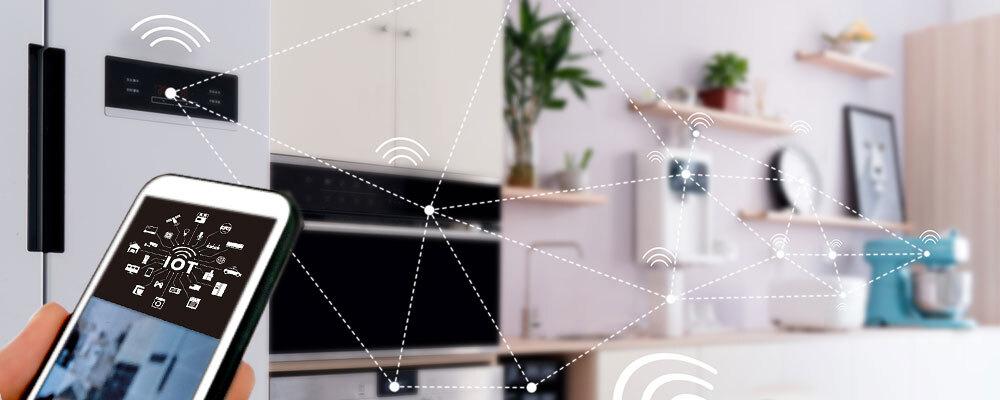
Don’t be Dumb About Designing Smart Devices
The Internet of Things (IoT) continues to gain traction in the technology world. From its humble beginnings in 1999 at MIT, the concept of adding a digital “footprint” to devices that have previously been non-digital has grown by leaps and bounds. The value of the IoT market is predicted to exceed $1300 billion by 2026.
The Challenge of Smart Devices
Common devices such as thermostats, ovens and toasters are getting the “smart” device treatment as manufacturers add computing power to their offerings. One of the primary challenges to making smart devices is understanding in what way they should be smart.
Adding processing power to a device should make that device do its primary job better – not just turn it into an appliance with a computer bolted on.
Failure to understand this fundamental concept led to a lot of failed products. Many refrigerator manufacturers learned this the hard way in the early 2000s when “smart fridges” first hit the market. The idea seemed promising: technology would make one of the most-used appliances in the home even better. And who doesn't want better?
But, these devices didn’t sell well.
It took many years to really understand why. In the book Smart Things by Mike Kuniavsky, the author discusses one of these early smart fridges: the Whirlpool Centralpark, which included a media center in the base unit. While this was a novelty and helped Whirlpool gain exposure among consumers, the media center did not help the fridge actually be a better fridge. The purpose of a refrigerator is to keep food fresh, and streaming music did not improve that capability at all. (Plus, the cost for the IoT fridge far exceeded the sum of two devices – a standard refrigerator and a music player.)
Fast forward 20 years. Today, manufacturers like Samsung and LG understand the problem space. A modern smart refrigerator may incorporate a barcode reader or an RFID scanner so the unit can determine what food is in the fridge and when it might expire. Add to that internet-enabled cameras to view what is currently on each shelf, and now consumers can with a glance at their smartphone while at the market check to see whether they really need milk.
Sure, some elements from those early fridges remain, like an electronic bulletin board to replace that notepad on the fridge door. But even those are more refined.
Beyond refrigerators, ovens are also benefiting from the IoT revolution. Since I didn’t yet have one, I recently bought a Bluetooth-enabled meat thermometer, which pairs with my smartphone and a companion app. With it I just select a food type and the app figures out the perfect cooking temperature. A modern smart oven may have a food thermometer built in, and comes with a range of recipes as part of its computing power. Being able to set the oven to flawlessly cook a roast to a juicy medium rare is very useful. Being able to say “Alexa, turn off the oven” after I’ve sat down in the dining room is even more useful.
Speaking of Alexa, voice control is a helpful addition to many smart devices, especially in the kitchen. As I’ve written about previously, voice control adds a level of convenience for most users, and provides new independence to differently abled users. Just being able to ask my toaster for a lightly toasted bagel and knowing I didn’t change any settings that will interfere with when my wife wants her heavily toasted sourdough is a win on many levels.
So what’s the takeaway? The ecosystem for smart homes is well past its infancy so today’s device makers can turn the connectivity they are already adding into truly useful features. This means understanding the consumer and the intended use case is essential, as is weighing business needs against usability aspects.
Knowing how a product will be used and designing new features to make the device better serve its intended purpose is what makes for a successful product. Adding a feature that doesn’t support usability just so a manufacturer can promote it – for instance, turning a refrigerator into a multimedia center – not so much. Remember Jurassic Park: just because we can do something doesn't mean we should!